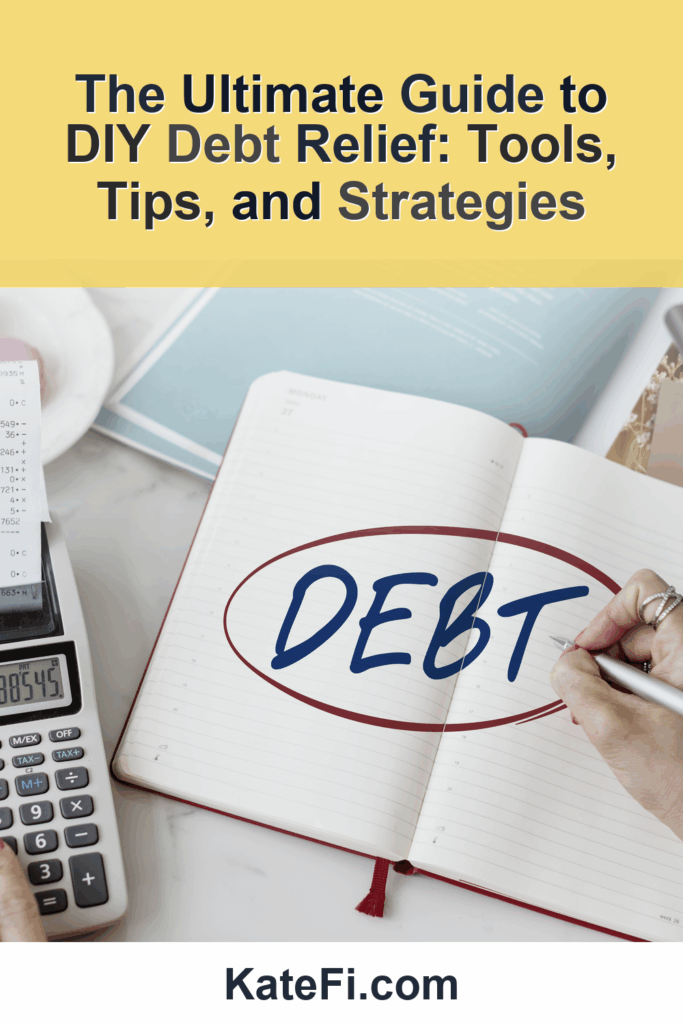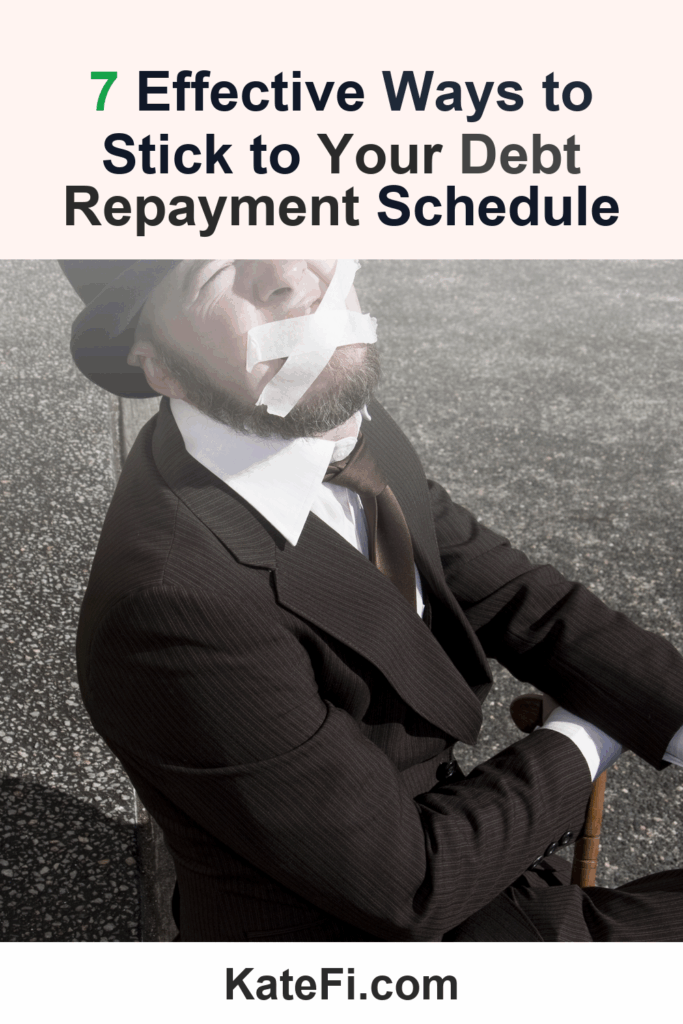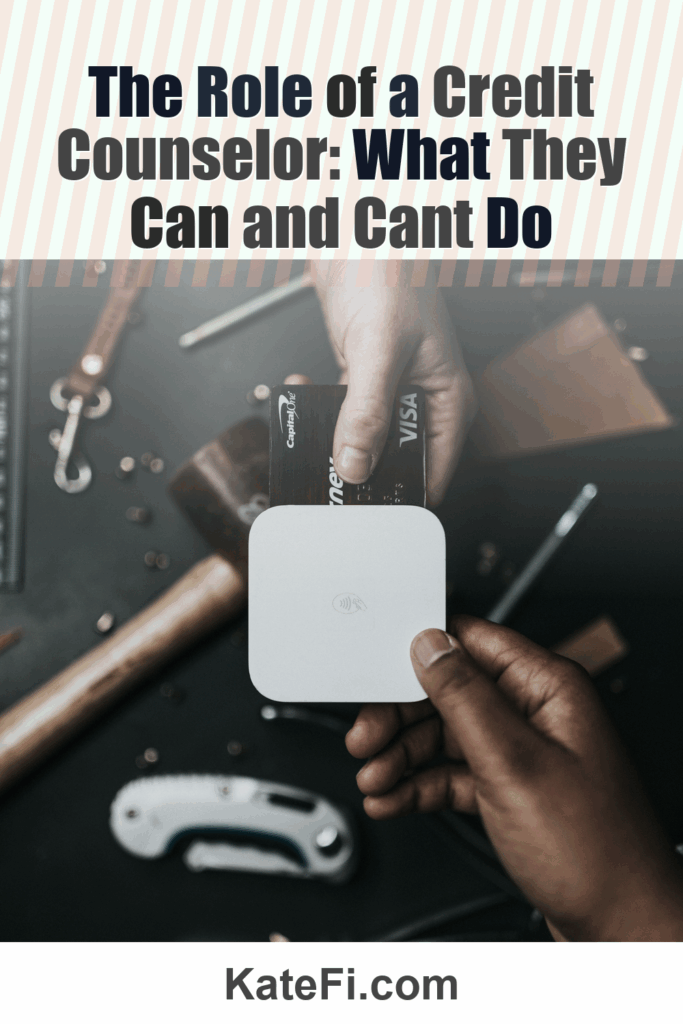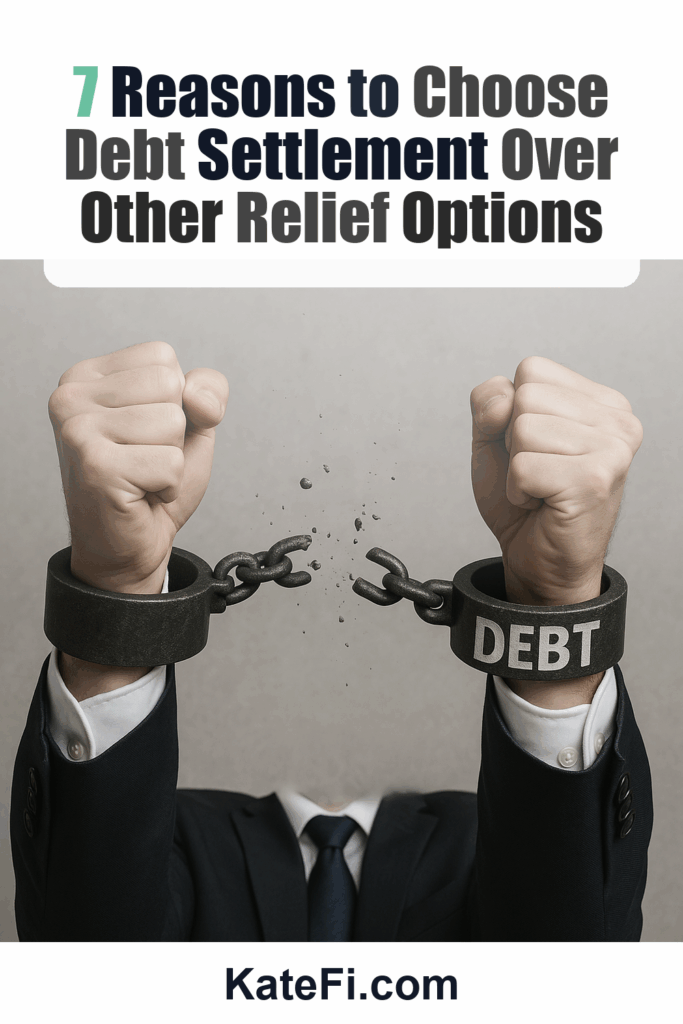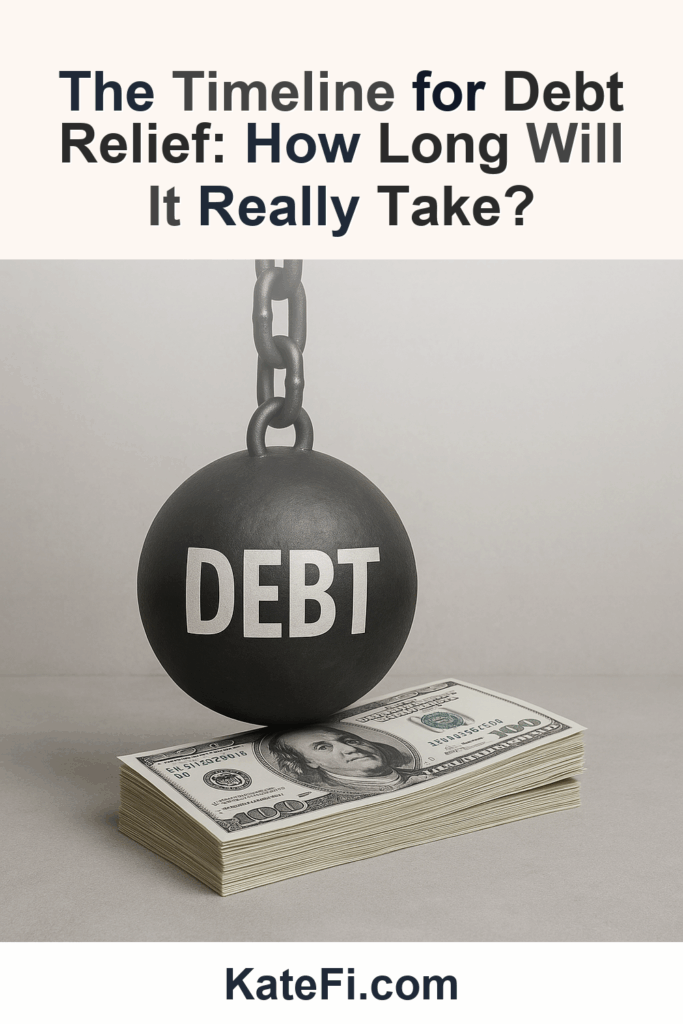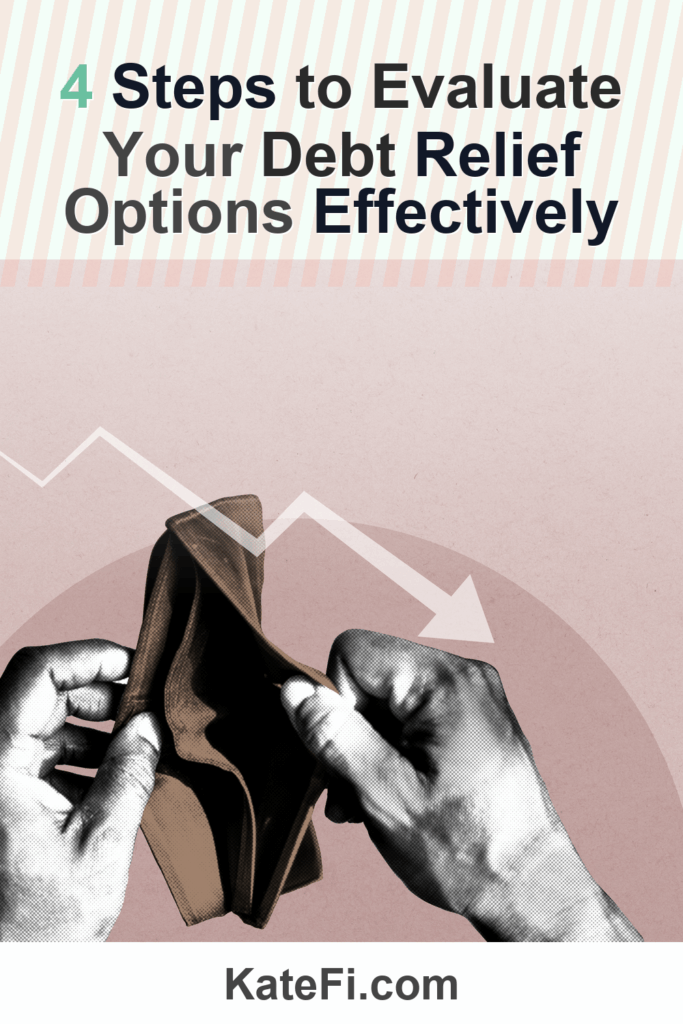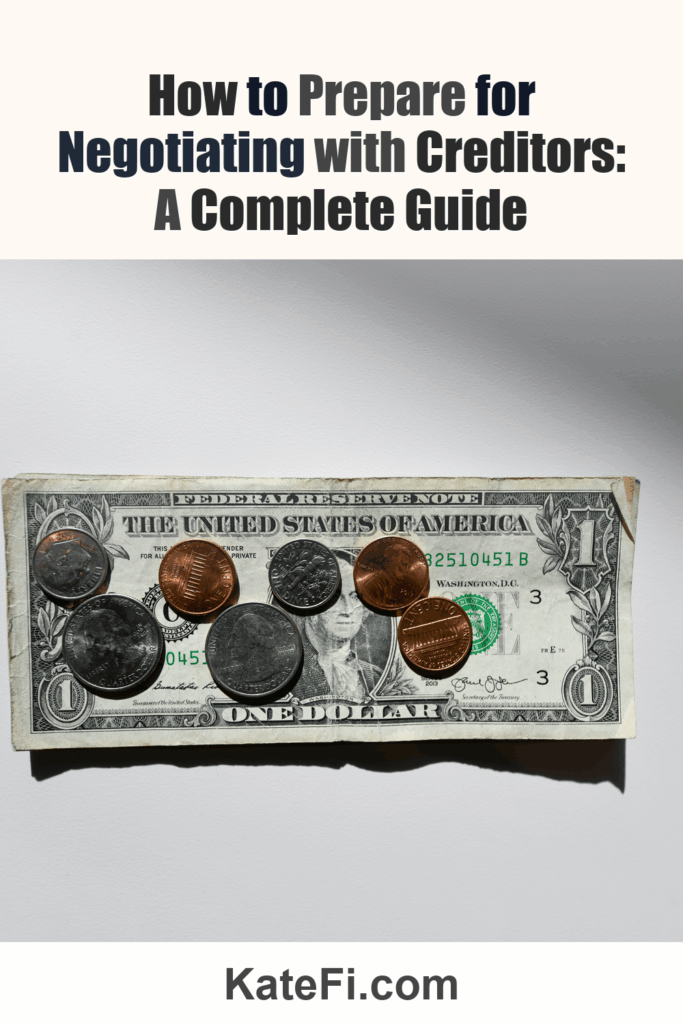7 Common Debt Relief Options and How They Affect Your Credit Score
Debt can feel like a heavy weight on your shoulders, especially if you’re struggling to make ends meet. If you’re searching for ways to alleviate that burden, you’re not alone. Understanding your debt relief options can be a game changer, but it’s equally important to know how each option impacts your credit score. In this article, we’ll explore seven common debt relief options, their potential effects on your credit, and why consulting a professional might be your best first step.
Love our content? Show your support by following us — pretty please!🥺
FOLLOW ON PINTEREST
Hi! I’m Kate, the face behind KateFi.com—a blog all about making life easier and more affordable.
Understanding Your Options: The Basics
Lower Your Unsecured Debt
If you have $5,000+ in credit card or personal loan debt, a free consult can review options like settlement or hardship plans.
- One-on-one call to review your debts and goals
- See potential monthly payment reductions
- No obligation to enroll
Not available in IL, KS, OR, TN, UT, WV.
When it comes to debt relief, you have several pathways to consider. Each option has its unique benefits and drawbacks, impacting not just your debt but also your credit standing.
1. Debt Snowball Method
The debt snowball method is a popular strategy for those who thrive on motivation and small victories. Here’s how it works:
- Identify Your Debts: List your debts from smallest to largest.
- Focus on the Smallest: Put all your extra money towards the smallest debt while making minimum payments on the others.
- Celebrate Wins: Once the smallest debt is paid off, move on to the next smallest, adding the previous payment to it.
Impact on Credit Score: By focusing on paying off your smallest debts first, you can improve your credit utilization ratio, which can positively impact your score. However, if you miss payments while implementing this method, you could see a negative effect.
2. Debt Avalanche Method
The debt avalanche method takes a more mathematical approach.
- Identify Your Debts: List your debts by interest rate, from highest to lowest.
- Attack the Highest Interest: Put all your extra money towards the highest-interest debt while making minimum payments on the others.
Impact on Credit Score: By reducing high-interest debt first, you save money in the long run, but it may take longer to see tangible results on your credit score compared to the snowball method.
Comparison Table: Snowball vs. Avalanche
| Method | Focus | Time to See Results | Interest Savings | Motivation Boost |
|---|---|---|---|---|
| Debt Snowball | Smallest Debt | Quick | Lower | High |
| Debt Avalanche | Highest Interest | Slower | Higher | Moderate |
3. Debt Consolidation Loans
Debt consolidation involves taking out a new loan to pay off multiple debts.
- Pros: Simplifies payments, often at a lower interest rate.
- Cons: If you have poor credit, you might face higher interest rates.
Impact on Credit Score: Initially, applying for a loan may result in a hard inquiry, which can temporarily lower your score. However, if managed well, it can improve your score in the long run by reducing credit utilization.
✅ See If You Qualify for Debt Relief
4. Credit Counseling
Credit counseling agencies provide guidance and create a tailored plan for managing debt.
- Pros: Access to financial education and debt management plans (DMP).
- Cons: May charge fees and require you to stop using credit cards during the program.
Impact on Credit Score: While counseling itself doesn’t directly affect your score, participating in a DMP could lead to a reduced credit score due to missed payments on your existing accounts.
5. Debt Settlement
In debt settlement, you negotiate with creditors to reduce the total amount owed.
- Pros: Can lead to significant savings.
- Cons: It can harm your credit score and lead to tax liabilities on forgiven debt.
Impact on Credit Score: Debt settlement has a negative impact because it often involves missed payments. Your credit score may suffer until the settled debts are reported as paid.
6. Bankruptcy
While often seen as a last resort, bankruptcy can provide a clean slate for many.
- Pros: Can eliminate most types of unsecured debt.
- Cons: Long-term impact on credit and potential asset loss.
Impact on Credit Score: Bankruptcy can drop your score significantly and remain on your credit report for up to 10 years. However, many people find that after the initial hit, their score gradually improves as they rebuild their credit.
✅ See If You Qualify for Debt Relief
7. Personal Finance Management
Finally, managing your finances effectively can prevent future debt and promote healthier spending habits.
- Create a Budget: Track your income and expenses.
- Build an Emergency Fund: Aim to save 3-6 months’ worth of expenses to avoid future debt.
Impact on Credit Score: Good management leads to timely payments and a healthy credit utilization ratio, which can boost your score over time.
Practical Checklists to Help You Decide
Here are a few quick checklists to help you determine the best path for your debt relief journey:
Before Choosing Debt Relief Options
- [ ] Review your credit report for errors.
- [ ] Gather your financial documents (bills, income statements, etc.).
- [ ] Consider your long-term financial goals.
- [ ] Determine how much debt you have and the interest rates.
Gathering Documents for Faster Review
When consulting for debt relief, it helps to have the following documents ready:
- Credit report copies
- Proof of income (pay stubs, tax returns)
- List of debts (including balances and creditors)
- Recent bank statements
A Word on Credit Impact
What You’ll Learn on the Call
- Estimated timeline and monthly payment range
- How credit may be affected in the short term
- What documents to gather to move faster
Not available in IL, KS, OR, TN, UT, WV.
It’s essential to remember that while many of these options can lead to debt reduction, they can also impact your credit score in various ways. Generally, missed payments or settlements will show up on your credit report and could lead to lower scores. On the flip side, responsible management and timely payments can help improve your score over time.
Get Expert Guidance
Navigating the debt relief landscape can be complex, and understanding the nuances of how each option affects your credit score is crucial. It’s advisable to consult a professional who can offer personalized advice tailored to your situation. Getting a free consultation is an excellent starting point for exploring your options and determining the best course of action.
✅ See If You Qualify for Debt Relief
Final Thoughts
Choosing a debt relief option requires careful consideration of your financial situation and how each option affects your credit score. Whether you decide on the debt snowball method, opt for debt consolidation, or consider a more drastic measure like bankruptcy, knowledge is power. With the right tools and support, you can reclaim control over your finances.
Important: This content is for education only—not legal, tax, or financial advice. Results and eligible programs vary by situation and state. Fees apply if you enroll and complete a program. Debt relief can affect credit; missed payments may lead to collections/lawsuits. Not available in IL, KS, OR, TN, UT, WV.
By taking the time to review your options, you’re setting yourself up for success on your journey toward financial freedom. Don’t hesitate to reach out for help—financial professionals are ready to guide you through every step of the way!





